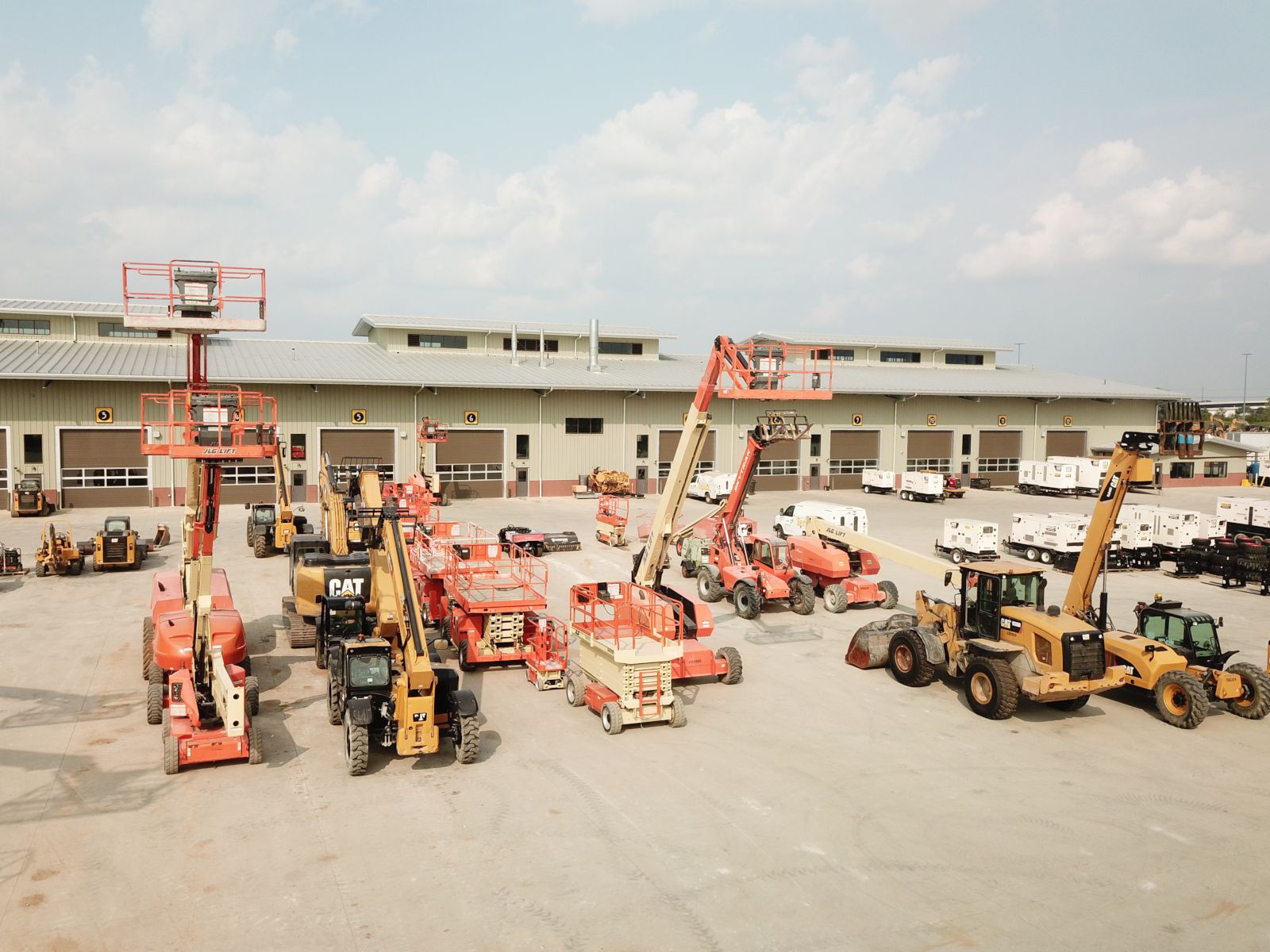Equipment Rental Company: Your Source for All Sorts Of Equipment
Optimize Your Budget by Comprehending the Costs Connected With Building And Construction Equipment Rentals
Recognizing the full range of expenses linked with building equipment rentals is crucial for optimizing your budget. What approaches can be employed to efficiently take care of these prices and make sure a much more efficient rental experience?
Summary of Rental Expenses
When thinking about construction tools rentals, recognizing the linked expenses is paramount for effective budgeting and project preparation. Rental costs can differ dramatically based on several factors, consisting of devices type, period of rental, and area. The preliminary rental fee often mirrors the tools's market need and its linked operational capabilities, affecting the general cost.
In addition to the base rental price, secondary prices may develop, such as transportation costs, fuel additional charges, and maintenance fees. It is important to account for these added costs to properly evaluate the total cost of renting out devices. In addition, the rental period can influence pricing; longer services might get approved for discounted prices, while short-term rentals may incur higher daily fees.

Malfunction of Rental Prices
An extensive understanding of rental rates is important for professionals and project managers aiming to optimize their budget plans. Rental rates for building devices typically consist of several components, consisting of base prices, time-based fees, and use fees.
Base rates are the core fees linked with the leasing of the tools, frequently identified by the type and size of the machinery. These rates can vary considerably, influenced by variables such as equipment demand, accessibility, and regional market trends. Time-based charges, which might be daily, weekly, or monthly, serve to suit different project timelines and rental periods.
Furthermore, rental rates might consist of usage costs, which are appropriate when equipment is utilized past a specified limit, guaranteeing that the rental firm can represent wear and tear. Seasonal demand fluctuations can additionally impact rental prices, with peak construction seasons commonly commanding greater prices.
In addition, understanding the rental company's plans concerning maintenance and insurance policy can offer more insight right into the overall expense framework. By examining these parts, specialists can make informed choices, making certain the selection of rental devices straightens with both project demands and spending plan restraints.
Added Costs to Think About
Comprehending the intricacies of extra fees is critical for contractors to manage their general rental expenses properly. Past the typical rental prices, numerous supplementary charges can dramatically affect the overall cost of tools leasing. These charges commonly include shipment and pickup charges, which can vary based on range and logistics associated with transferring the equipment to and from the task site.
Moreover, some rental companies may impose gas surcharges if the equipment is returned with less fuel than when rented out. It is also important to understand possible cleaning fees, specifically for customized equipment that calls for detailed upkeep after usage.

Completely examining the rental agreement and clearing up these extra costs in advance can help specialists make certain and prevent unexpected costs that budget plans stay undamaged throughout the project lifecycle.
Upkeep and Repair Expenses
Normal repair and maintenance expenses are often ignored factors that can substantially influence the total cost of building equipment leasings. When renting out equipment, it is vital to take into consideration not just the rental charges yet also the possible expenses connected with maintaining the machinery in ideal operating problem.
Several rental companies consist of fundamental upkeep as part of the rental contract; nevertheless, extra extensive repair services or unforeseen malfunctions can cause extra expenditures. It's important to evaluate the rental contract very carefully to comprehend what upkeep services are covered and what obligations drop on the renter.
In addition, tools that is not properly maintained can bring about inefficiencies on the job website, potentially raising and creating hold-ups job expenses. To reduce these dangers, it is recommended to conduct regular inspections and keep open interaction with the rental copyright pertaining to any type of problems that arise during usage.
Insurance Policy and Liability Expenses
Insurance policy and obligation costs are important parts that can considerably influence the overall expenditure of building equipment rentals (aerial lift rental). These expenses guarantee that both the rental firm and the client are shielded from possible financial our website losses occurring from crashes, damages, or theft throughout the rental duration

In addition, customers ought to understand any deductibles or exclusions in the insurance coverage plan, as these can affect potential out-of-pocket expenditures. Comprehending the terms and conditions of any kind of insurance protection is important to prevent unanticipated costs. Eventually, budgeting for insurance policy and responsibility costs can aid ensure a smoother rental experience and safeguard against economic threats connected with construction jobs.
Verdict
Finally, a detailed understanding of the prices related to building and construction tools leasings is vital useful content for effective budget management. By assessing rental prices, added charges, maintenance expenses, and insurance people, organizations and demands can lessen unanticipated expenses. This calculated method not only boosts cost-effectiveness however also makes sure that tasks advance smoothly and successfully. Eventually, educated decision-making relating to equipment rentals adds to the total success of building ventures.
Rental expenses can differ substantially based on several factors, consisting of devices type, period of rental, and area (equipment rental company). The rental period can influence rates; longer rentals might qualify for affordable rates, while temporary rentals might incur greater everyday fees
By conducting detailed research study and involving with credible rental companies, professionals can successfully browse the complexities of rental prices, inevitably maximizing their economic resources.
Beyond the basic rental rates, different supplementary fees can significantly affect the overall expense of devices leasing. Rental companies commonly provide obligation insurance policy that covers injuries to third celebrations or damage to property, while equipment damage insurance coverage can cover the price of repairs or replacement if the rented out equipment is damaged.